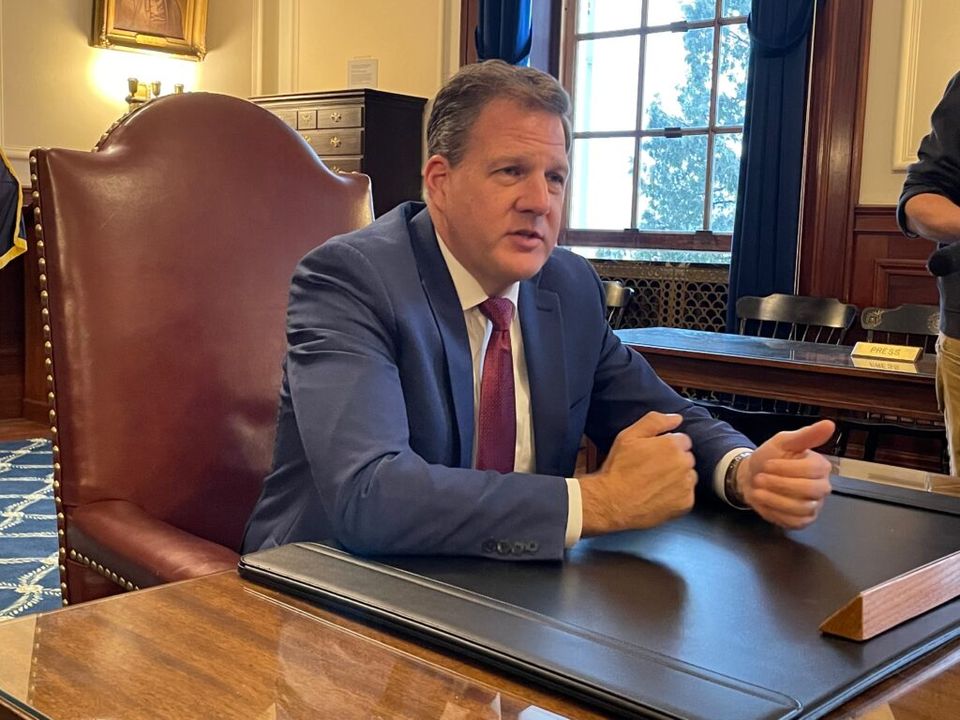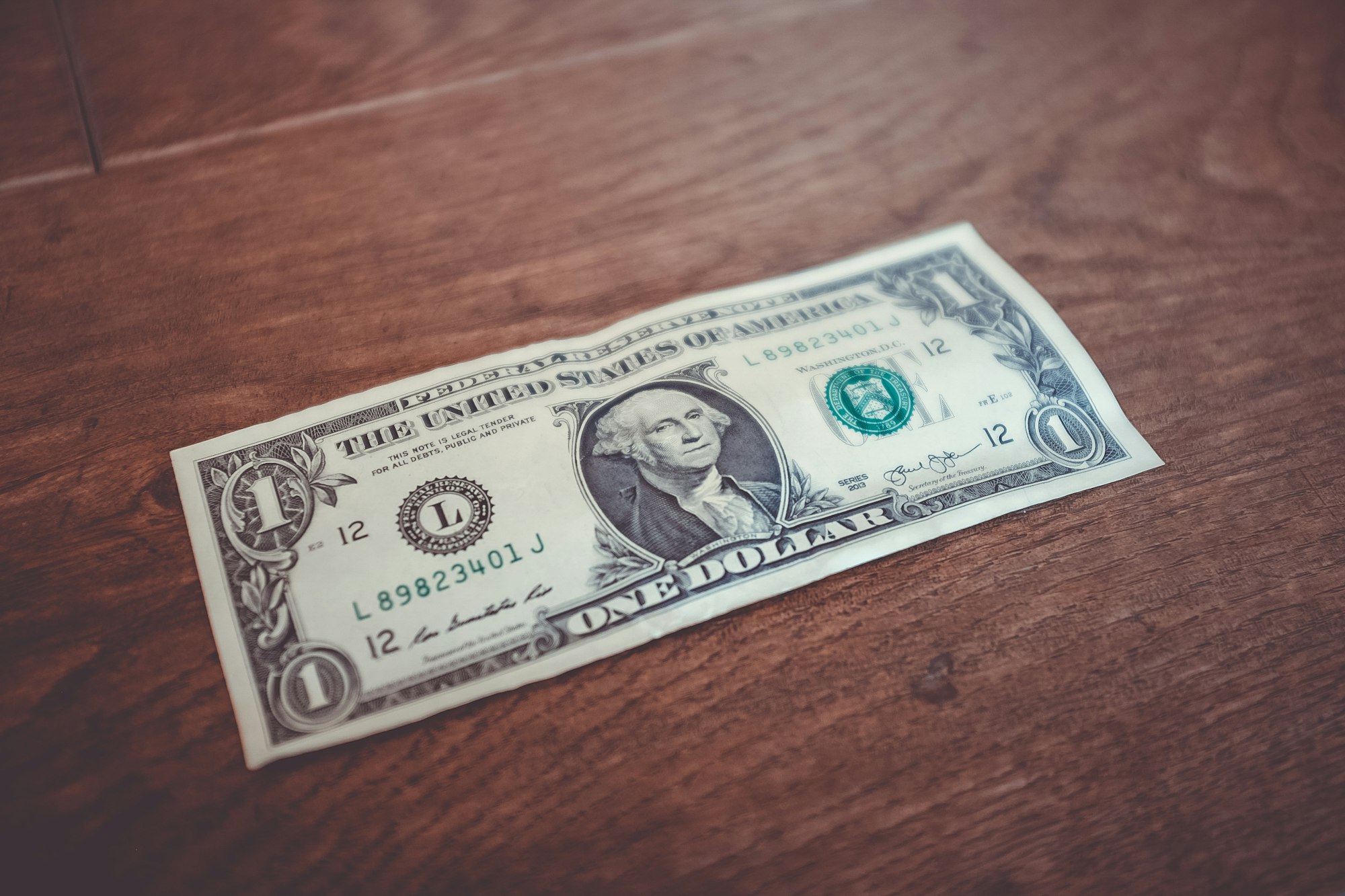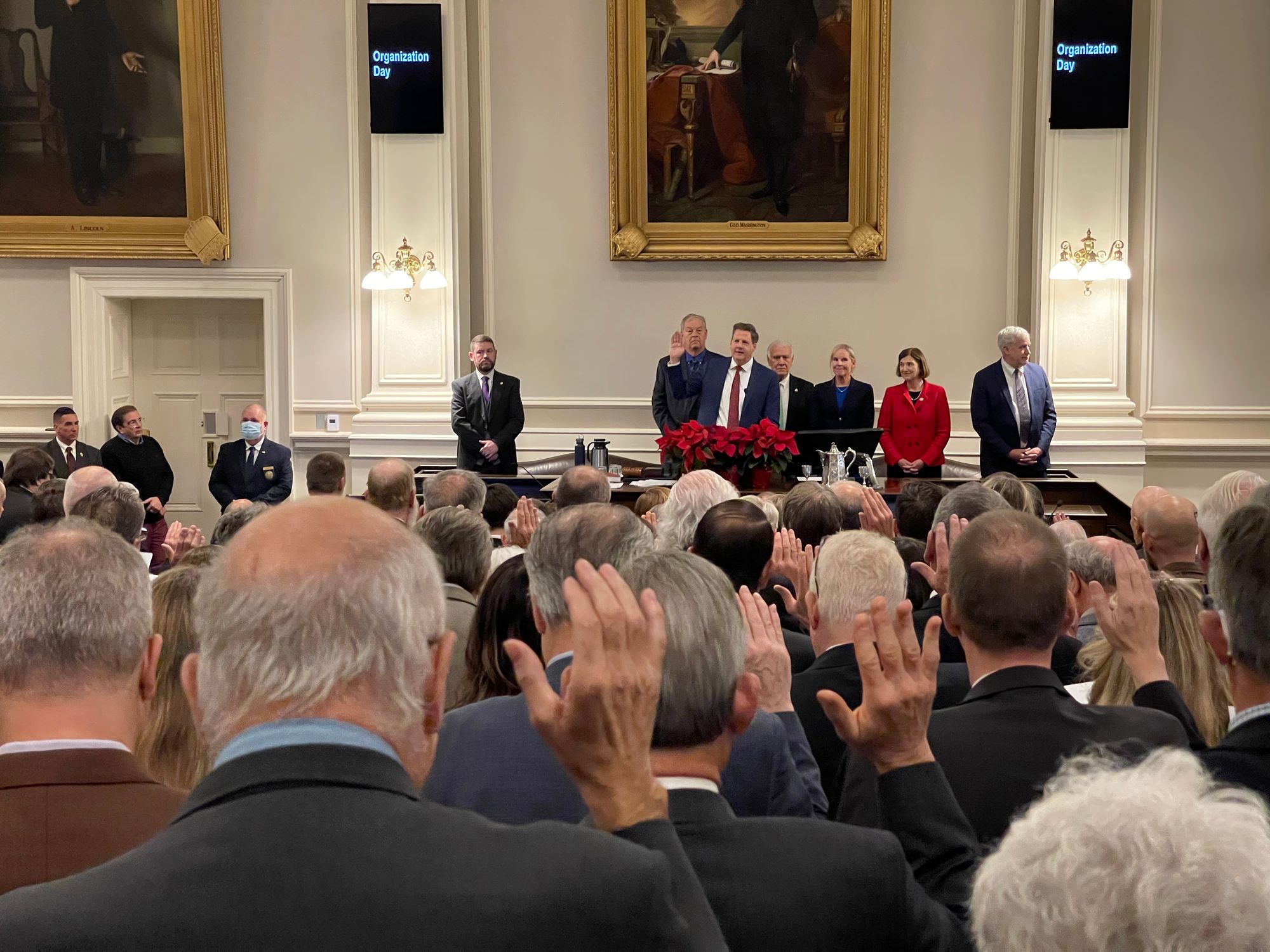Fewer than expected apply for energy aid, governor says

Gov. Chris Sununu said Wednesday that a lot of money remains in an energy assistance program and that the state is seeing less uptake than expected given high energy costs this winter for both home heat and power.
“There’s a lot of money available,” Sununu said at a press event. The Legislature allocated $42 million to an emergency energy assistance program in September. “We’re still seeing less of an uptake of that opportunity than we would have anticipated given the incredibly high rates.”
The state’s fuel assistance program has received 28,309 applications for assistance so far this year, according to Chris Ellms at the Department of Energy. That’s almost double the number of people who had applied this time last year, but Ellms said the program opened one month earlier this year to give people more time to apply.
Mild temperatures could play a role in how many applications the state is receiving. “There tends to be greater interest in the program as the weather becomes colder, and we anticipate more applicants as we move into winter,” Ellms said in an email.

The state started advertising its emergency fuel and electric assistance programs the week of Nov. 21 by radio, according to Ellms. A digital advertising campaign is scheduled to begin next week.
Digital and radio advertising for the electric assistance program began in July. And Ellms said electric companies promoted the new emergency assistance programs in their October bills.
The emergency fuel and electricity assistance program expanded eligibility to include residents who earn between 60% and 75% of the state median income. For an individual, 75% of the median income is $48,711; for a family of four it is $93,676.
Residents can apply through their local community action program.

This story was produced by the editorially independent New Hampshire Bulletin, which is part of States Newsroom. Contact Editor Dana Wormald for questions: info@newhampshirebulletin.com.
